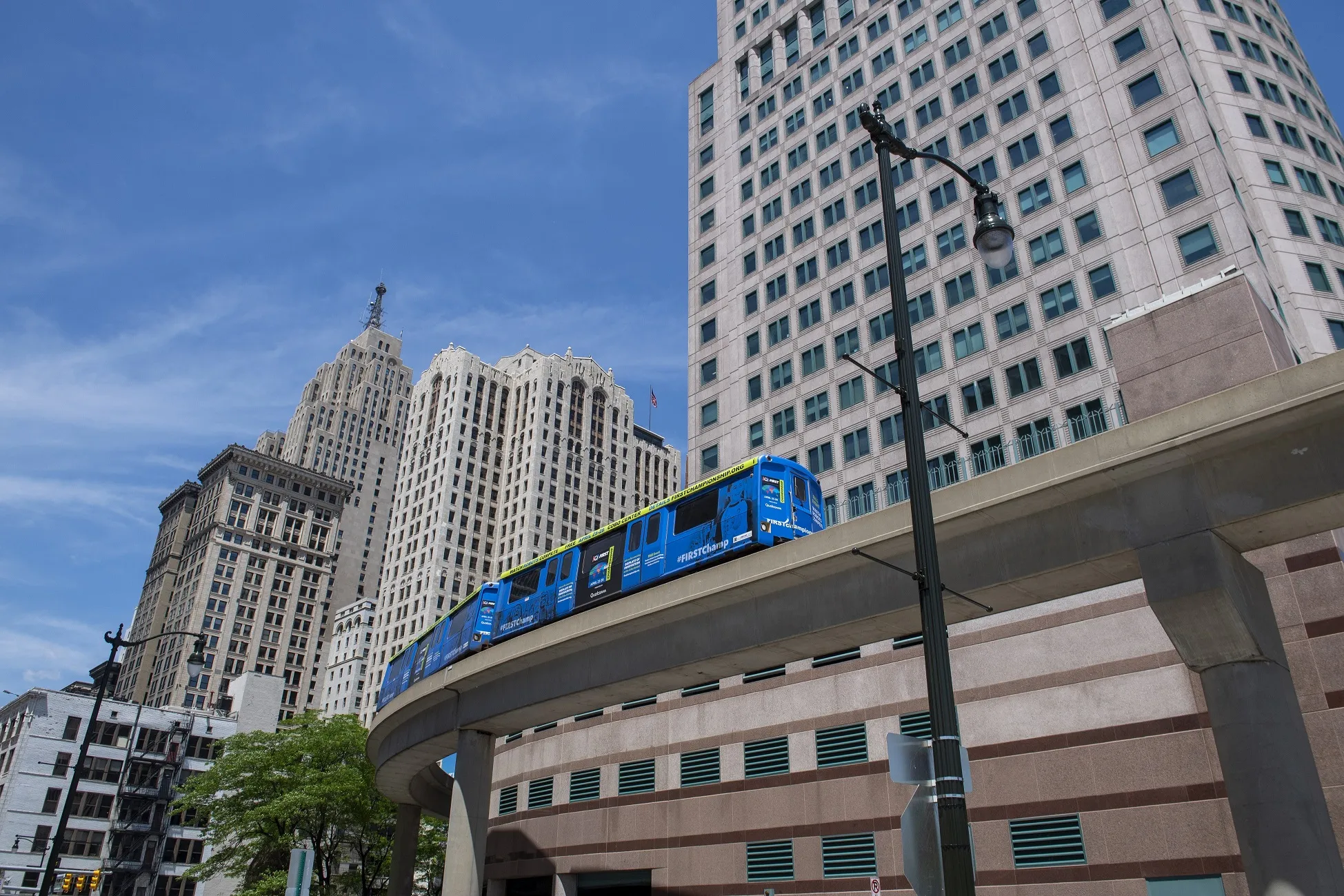British Columbia’s Mayors’ Council on Regional Transportation and the TransLink Board have joined forces to send a 90-Day Action Plan for Metro Vancouver Transportation to all parties and all newly elected MLAs in the region.
The 90-Day Action Plan calls on the new provincial government to be ready to make quick decisions over the summer and fall to formally fund the next phase of the 10-Year Vision for Metro Vancouver Transit and Transportation. Fast provincial action is needed to avoid costly project delays, and to put BC first in line for federal transit funding.
The 90-Day Action Plan describes five priority areas requiring government decisions by the autumn, These include an immediate, formal approval of provincial funding for the Pattullo Bridge replacement project, a 40 per cent ‘fair share’ provincial contribution new transit projects, including CA$2.2 billion in matching funding for South of Fraser LRT, the Broadway subway. It also recommends a CA$360 million share to upgrade the existing SkyTrain system and more bus service across the region, legislating a new development levy for transportation and real collaboration with the region’s mayors to identify fair, affordable revenue sources to pay for the remaining share of the 10-Year Vision.
“This region has waited long enough for provincial action on the 10-Year Vision. Residents and businesses want to see the benefits of better transit and transportation now, and avoid the cost increases that come with more delays or referendums,” said Mayors’ Council Chair, Vancouver Mayor Gregor Robertson.
TransLink announces 90-Day action plan to cure congestion
British Columbia’s Mayors’ Council on Regional Transportation and the TransLink Board have joined forces today to send a 90-Day Action Plan for Metro Vancouver Transportation to all parties and all newly elected MLAs in the region.
June 1, 2017
Read time: 2 mins









